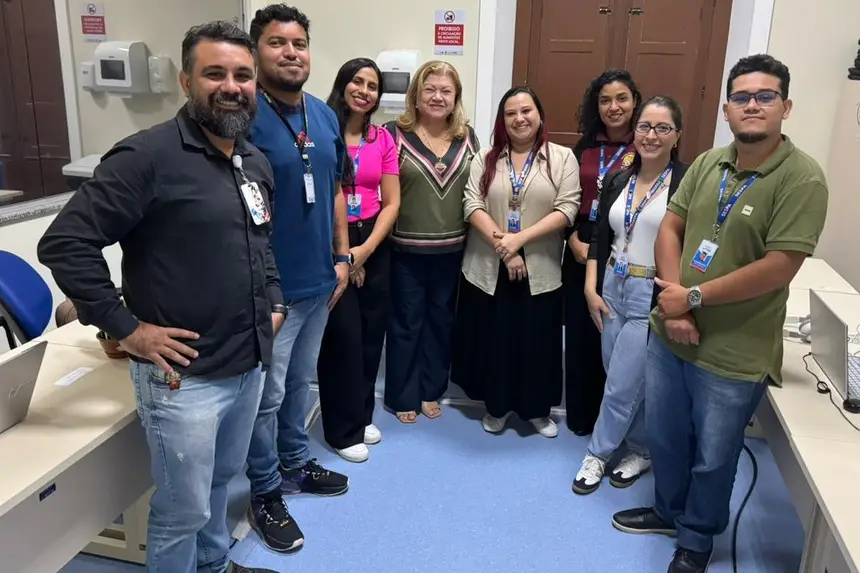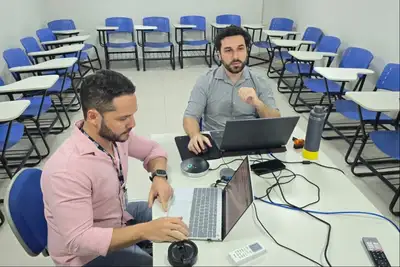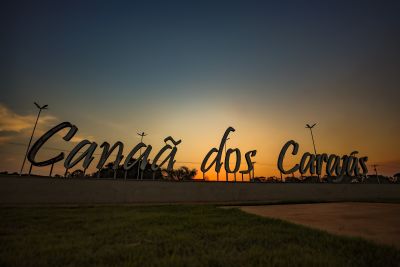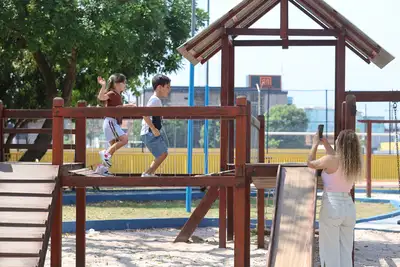Sespa Central will strengthen bilingual service during COP30
The physical structure will operate 24 hours a day and will provide remote and itinerant support to health professionals attending foreign visitors
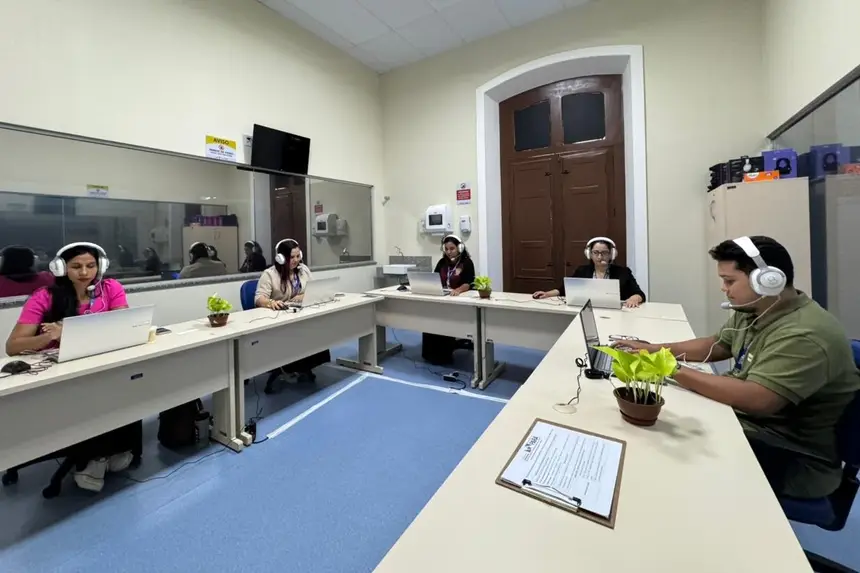
The State Department of Public Health of Pará (Sespa), through the Directorate of Work Management and Education in Health (DGTES), started on Monday (3) the operation of the Linguistic Matrixing Central, which will offer bilingual support to professionals in the state health network during the 30th United Nations Conference on Climate Change (COP30). The initiative is part of the set of actions of the Government of Pará to ensure a humanized and accessible service to people of different nationalities who will be in Belém during the event.
“COP30 will be a meeting of global reach, and Pará is preparing to welcome people from various nationalities with the same quality and humanization that we already offer to the State's population. With bilingual actions and the support of the Linguistic Matrixing Central, we reinforce our commitment to ensuring that language barriers are not an obstacle to accessing health,” highlighted the State Secretary of Public Health, Ivete Vaz.
The physical structure will operate 24 hours a day, with remote linguistic support via video call and through itinerant actions, which will begin this Tuesday (4) at strategic points such as Ver-o-Peso and the São Brás Market. Starting on the 10th, the operation will extend to the Federal University of Pará (UFPA). The service will remain active until November 24 and can be activated by health professionals from backup hospitals and emergency rooms, ensuring immediate assistance in attending to foreigners.
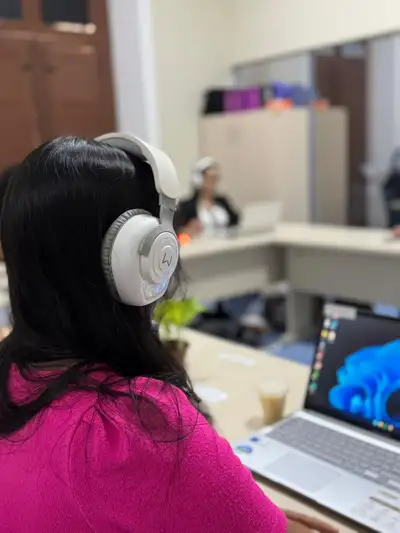
Matrixing - Linguistic matrixing is a support strategy that ensures health professionals receive guidance and assistance in attending to people who speak other languages or use sign language.
Inspired by the health matrixing model, the service functions as a network of technical and pedagogical support, offering interpreters via video call, itinerant actions, and training for the use of translation tools. The goal is to ensure efficient and humanized communication, eliminating language barriers and promoting inclusive service during COP30.
“A service coordinator will receive the video call from the health professional, identify the requested language, and direct the contact to one of the available interpreters. Currently, the service offers support in English and, in the coming days, will also include assistance in Mandarin and sign language,” detailed Bruna Dias, the focal point for COP30 at DGTES.
Before the start of activities, the DGTES team conducted orientation cycles from October 23 to 28 at the main hospitals in the Metropolitan Region of Belém: Dr. Abelardo Santos Regional Hospital, Gaspar Vianna Clinical Hospital, Dr. Roberto Macedo Emergency Room, Adventist Hospital of Belém, and Porto Dias Hospital. The actions presented the available translation and communication tools and disseminated the strategies of the Central.


